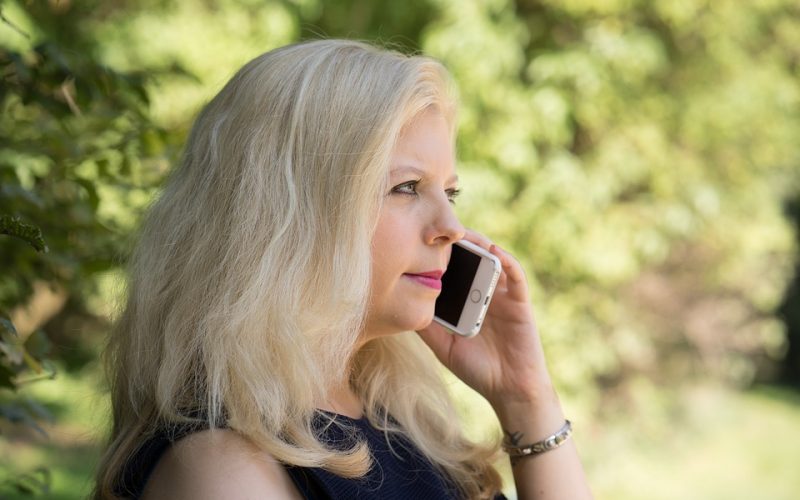The Importance Of Compromise
When it comes to building a healthy relationship, compromise is one of the most vital elements for success. Relationships, whether romantic or otherwise, thrive on mutual understanding and a willingness to adapt for the benefit of both partners. Without compromise, even the most compatible couples may find themselves at odds, navigating conflicts that could otherwise be resolved with patience and empathy.
Understanding the meaning of compromise
Compromise, in the context of relationships, does not mean sacrificing your values or suppressing your own needs entirely. Instead, it involves finding a middle ground where both individuals feel heard and respected. It's about valuing your partner’s perspective as much as your own. Compromise allows both people to contribute to solutions that work for their unique partnership, and it prevents one-sided dynamics from taking root.
When one partner consistently overlooks their needs to please the other, both individuals begin to lose the balance crucial to a successful relationship. True compromise ensures that neither party feels ignored, fostering a healthy environment of equality and respect.
How compromise builds trust
Trust forms the backbone of any successful relationship, and compromise plays a significant role in nurturing that trust. When you show that you are willing to meet halfway—be it a simple decision like what to eat for dinner or a major life choice like relocating for work—you demonstrate that your partner’s happiness matters to you. This strengthens their trust in your intentions and commitment.
By practising compromise, both partners learn how to rely on one another during difficult moments. Trust deepens when couples consistently demonstrate their ability to set aside personal preferences for the good of the relationship. Over time, this habit forms the foundation for long-term connection and emotional security.
Enhancing communication through compromise
Effective communication is another crucial component of successful relationships, and compromise encourages healthy dialogue. When faced with differing opinions or preferences, couples must openly discuss their feelings to reach a solution. This process increases empathy as partners learn to listen and understand each other’s perspectives.
Compromise fosters conversations that focus on solutions rather than blame. Instead of holding grudges or allowing resentment to build, couples who prioritise open discussions can address their differences calmly and productively. This approach not only resolves immediate issues but also improves the overall quality of communication in the relationship.
Preventing conflict from escalating
Every relationship encounters disagreements, but the way couples handle conflict often determines its outcome. Compromise is a powerful tool for de-escalating tension and finding solutions that work for everyone involved. Rather than turning minor disagreements into full-blown arguments, compromise ensures that both partners feel validated and appreciated.
For example, if one partner prefers spending weekends together while the other values personal downtime, a compromise could involve alternating weekends. This approach avoids prolonged disputes and balances the needs of both individuals, promoting harmony in the relationship.
Strengthening emotional connection
Couples who practise compromise tend to develop a deeper emotional bond. The willingness to adapt and cooperate shows a level of care and dedication that builds intimacy. When both partners consistently meet the other person’s halfway point, they grow closer and more attuned to each other’s needs over time.
Acts of compromise—no matter how small—become symbols of love and appreciation. Whether it’s agreeing to watch a film your partner loves or finding creative ways to split household tasks, every gesture contributes to a stronger connection. These shared efforts reflect mutual commitment and pave the way for lasting happiness.
Finding balance between self and partnership
It’s important to remember that compromise does not mean losing individuality. Successful relationships strike a balance between personal autonomy and shared goals. Both partners should feel comfortable expressing their needs and pursuing their interests while remaining considerate of the relationship’s dynamics.
The key lies in knowing when to stand firm and when to adjust. By maintaining open communication and fostering mutual understanding, couples can create a balanced environment where compromise enriches the relationship rather than stifling individuality.
Why compromise is worth the effort
Ultimately, compromise is about prioritising the relationship over the need to “win” an argument or control every outcome. It ensures that both partners feel valued, respected, and connected, nurturing a relationship built on equality and trust. Though it requires effort and patience, the rewards are undeniable.
By mastering the art of compromise, couples can turn challenges into opportunities for growth, creating a partnership that stands the test of time. Next time a disagreement arises, consider not just your preferences, but also how you can work together. After all, the success of a relationship isn’t about being right—it’s about being happy together.










